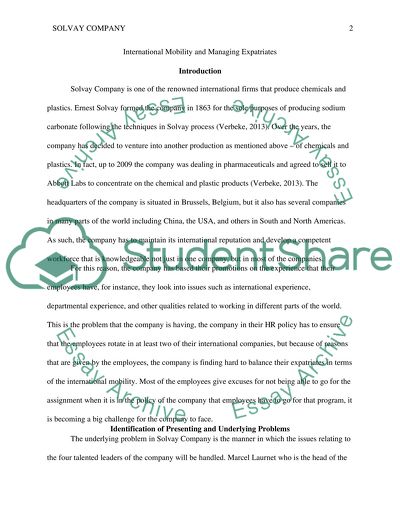Cite this document
(“Solvay Group: International Mobility and Managing Expatriates Case Study”, n.d.)
Retrieved from https://studentshare.org/human-resources/1482403-solvay-group-international-mobility-and-managing-expatriates
Retrieved from https://studentshare.org/human-resources/1482403-solvay-group-international-mobility-and-managing-expatriates
(Solvay Group: International Mobility and Managing Expatriates Case Study)
https://studentshare.org/human-resources/1482403-solvay-group-international-mobility-and-managing-expatriates.
https://studentshare.org/human-resources/1482403-solvay-group-international-mobility-and-managing-expatriates.
“Solvay Group: International Mobility and Managing Expatriates Case Study”, n.d. https://studentshare.org/human-resources/1482403-solvay-group-international-mobility-and-managing-expatriates.


